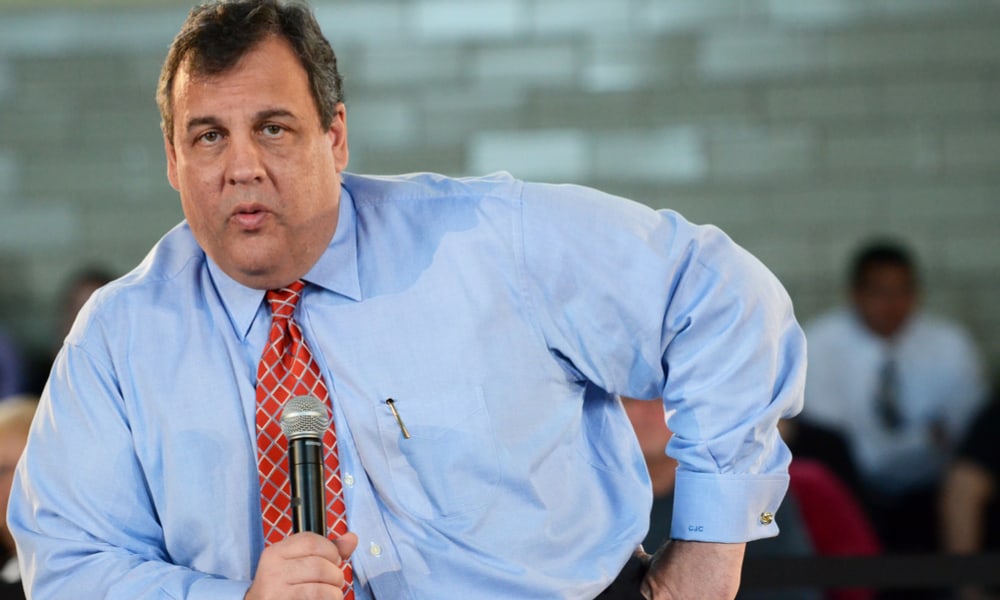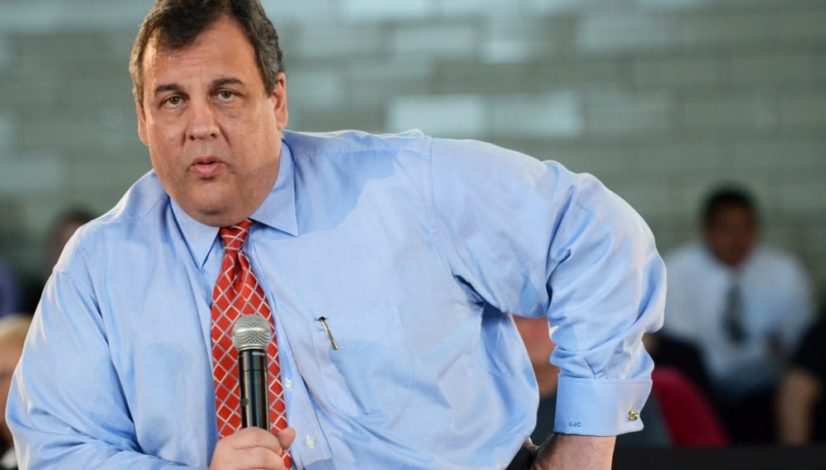Opioid Commission Argues Against Cannabis Legalization
The post Opioid Commission Argues Against Cannabis Legalization appeared first on High Times.
Earlier this month, Chris Christie, the head of the Opioid Commission, wrote a report for Donald Trump. While the report was largely about the opioid crisis in the United States, it referenced the dangers of cannabis. Or rather, the supposed dangers.
The Letter

In the letter, Chris Christie cited a “lack of sophisticated outcome data” about cannabis as the driving reason behind the Commission’s arguments against cannabis legalization. This “lack of data” is on the proper dosing of cannabis as well as the potential for dependency and abuse.
Furthermore, Christie, who has a history of spouting blatant and often nonsensical lies about cannabis, conflated this “lack of data” with a similar lack of data available in the 1990s and early 2000s. During this time, physicians in the United States prescribed opioid medications at high rates. This overprescribing was one of the factors that led to the nation’s current opioid addiction crisis.
In the letter, Christie references a study conducted by the National Institute of Health’s National Institute on Drug Abuse. This particular study is eerily reminiscent of the stepping stone theory or gateway theory of yore. According to Christie, this study “found that marijuana use led to a 2 1/2 times greater chance that the marijuana user would become an opioid user and abuser.”
“The Commission found this very disturbing,” he added.
Christie, who is not a doctor nor a medical professional of any kind, was appointed the Head of the Opioid Commission by Donald Trump earlier this year, on March 29, 2017.
The Opioid Epidemic and Cannabis

There are several things amiss in the Commission’s letter. For one, there isn’t a lack of data about the potential for abuse. There is actually a plethora of studies that suggest that cannabis is not addictive. Nor does it carry the risk of dependency that other drugs do. A recent study even confirms that cannabis use does not alter the brain structure in a negative way. Alcohol, on the other hand, does.
Furthermore, many experts say that cannabis has the potential to significantly help people recover from addiction to opioids. Dr. Oz even said it was an “exit drug”—not a gateway drug.
And speaking of gateway drugs, that statistic that Christie cited about cannabis users being more likely to get hooked on opioids is over ten years old. The leader of the study, Dr. Mark Olfson, has acknowledged issues with the study and even conceded that had he conducted the study more recently, there may have been drastically different results.
It’s also worth noting that Dr. Olfson did not know that Christie planned to cite his study for the Commission’s report.
Final Hit: Opioid Commission Argues Against Cannabis Legalization
This particular section of the Opioid Commission’s report is beyond disturbing. First, as a general rule of thumb, when presenting data or research, you should always make sure it’s current. But it’s not just the fact that they are perpetuating outdated theories about cannabis and addiction. It’s the fact that they’re ignoring the most recent research in favor of acquiescing to the federal government’s labeling of cannabis as a substance with no medical value. Opioid abuse has reached alarming levels in the country. The President has virtually nothing of value to contribute to the fight against it. Therefore, the Opioid Commission should be rising to the challenge and providing reasonable and feasible solutions. To not challenge the prohibition of cannabis when there is so much research supporting the plant as a potential treatment for addiction is not only irresponsible. It is a gross display of cowardice and hypocrisy.
The post Opioid Commission Argues Against Cannabis Legalization appeared first on High Times.


